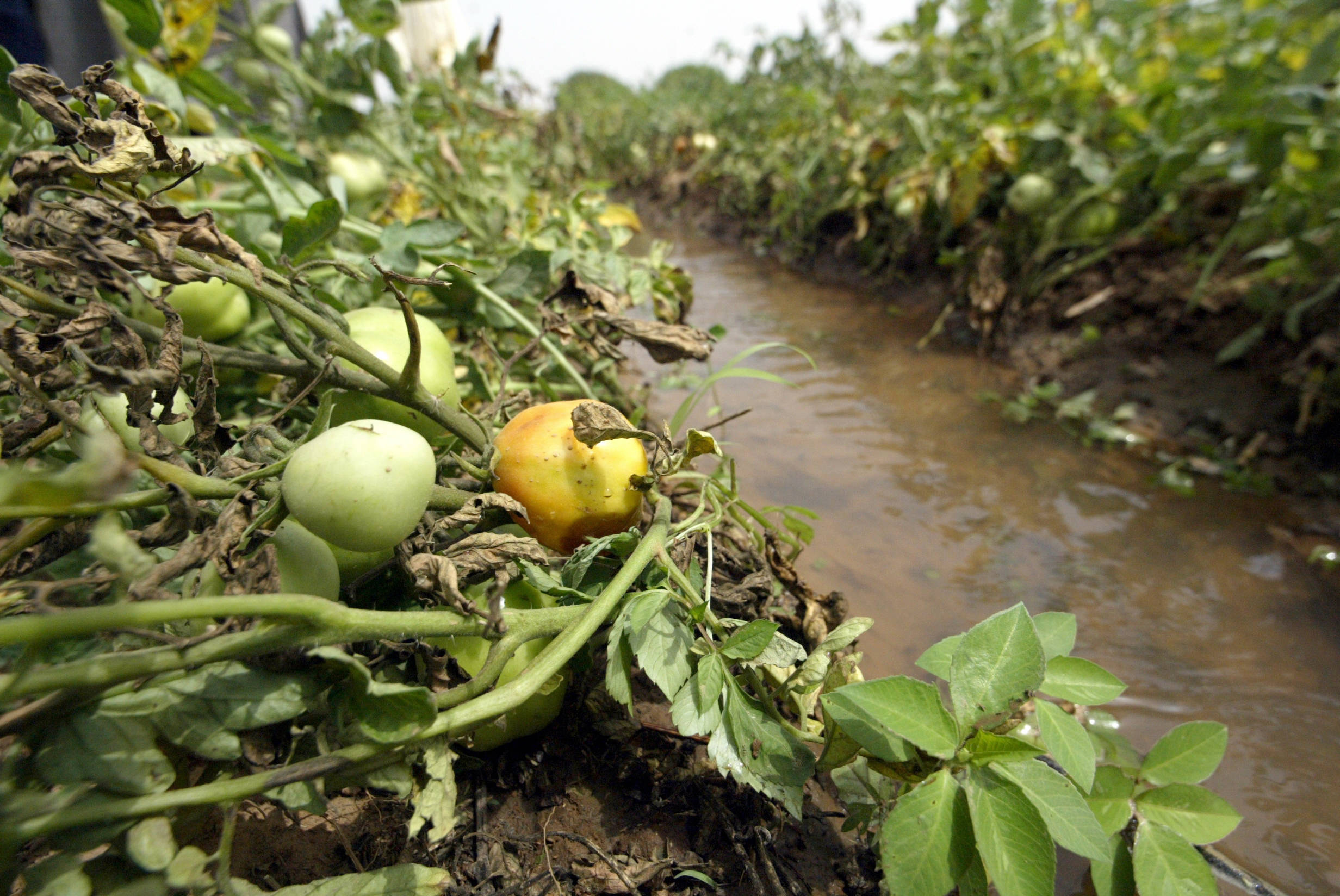At global celebrations marking World Soil Day 2023, the Food and Agriculture Organization of the United Nations (FAO) underlined the vital link between soil and water in producing our food and the need for integrated management and conservation of these key resources to enable climate change mitigation and adaptation.
“We have to produce more with less. As we strive to feed a growing population with better food, we must adopt sustainable agricultural practices that preserve and enhance soil health.” FAO Director-General QU Dongyu said as he opened the celebrations here. “Healthy soils store water better, and they act as carbon sinks, mitigating climate change.”

FAO Project UTF/NIR/047/NIR: The National Special Food Security Programme, Nigeria. The objective of the programme is to contribute to sustainable improvements in national food security through rapid increases in productivity and food production on an economically and environmentally sustainable basis, reduce year-to-year variability in agricultural production, and improve people’s access to food. The project agreement foresees that the funds are administered locally in Nigeria and of these funds a portion is regularly transferred to FAO Headquarters and registered in the accounts of the Organization (Data Warehouse).
Integrated management needed
A series of events held this year, including the UN 2023 Water Conference, the Global Symposium on Soil and Water and the Rome Water Dialogue, World Food Day and the FAO Science and Innovation Forum, have shed light on the interdependence of soil and water, emphasizing the urgent need for integrated management to address the multiple interlinked challenges that we face. At the ongoing COP28 climate talks, many countries have called for urgent action to bolster water-resilient food systems.
FAO has estimated that up to 34 percent of greenhouse gas emissions from agricultural land could be offset through sustainable soil management and more judicious fertilizer management. Furthermore, sustainable water management is essential for adapting to the changing climate patterns, ensuring resilience to droughts, floods and other climate extremes that may become more frequent and severe in the future.
Soil awards presented
Today’s ceremony also included the delivery of the Glinka World Soil Prize for sustainable soil management and protection of soil resources and the King Bhumibol World Soil Day Award 2023.
This year’s eighth Glinka prize, presented by Golubovskiy, was awarded to Professor Ravendra (Ravi) Naidu. Professor Naidu is a global leader in contamination studies, who with his team at the University of Newcastle and crcCARE, has made significant contributions in soil science and management, particularly in the areas of nutrient cycling, soil formation, and soils-to-crop and soils-to-groundwater as exposure pathways for contaminants.
Source: Food and Agriculture Organization (FAO)





